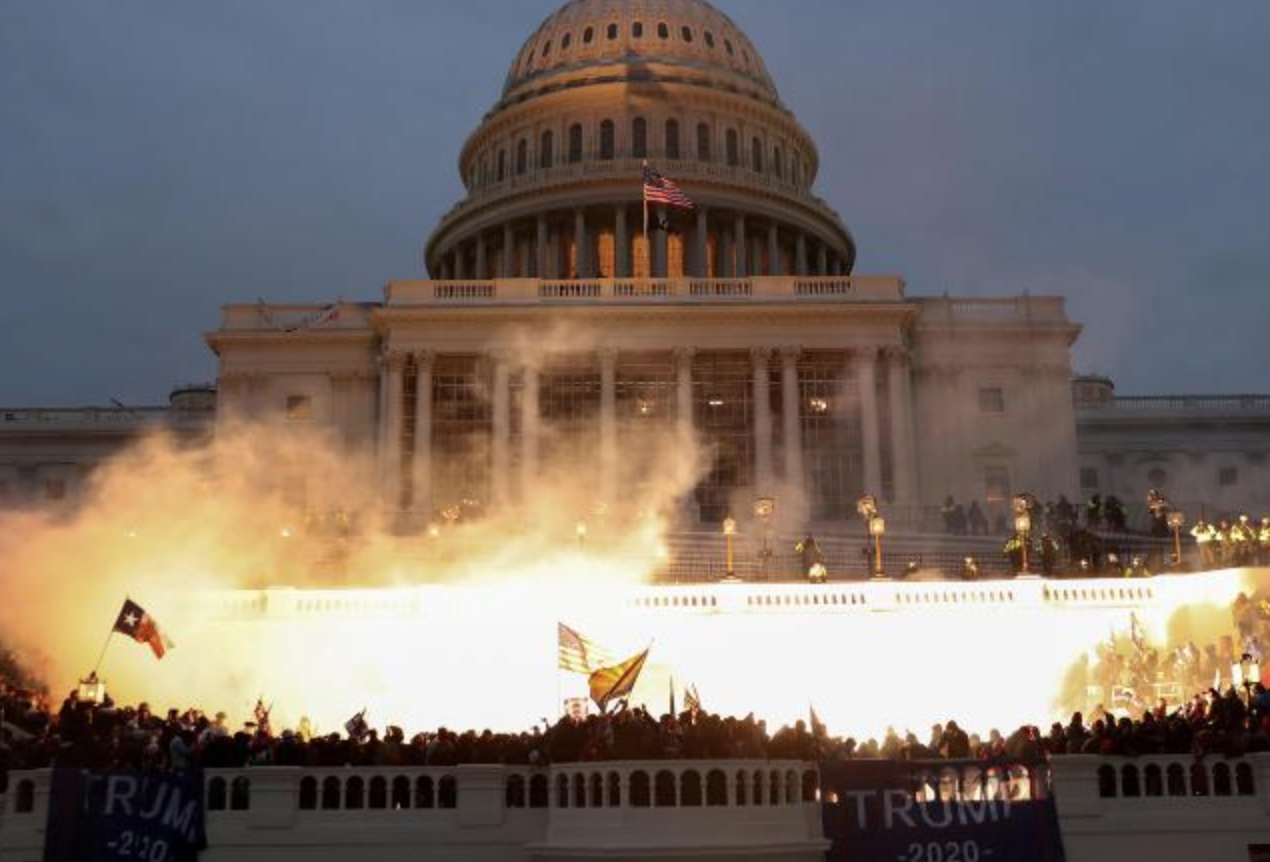If you follow Robert P. George in social media, you probably know several things about this legal scholar.
(1) He is a political philosopher and professor of jurisprudence at Princeton University.
(2) George is a doctrinally conservative Roman Catholic.
(3) He is a skilled Americana musician (think folk, gospel and bluegrass) who plays the banjo and a 12-fret acoustic guitar (I’m a big fan of the latter).
(4) In the public square, he is relentlessly irenic, seeking ways to view issues through the lens of those with whom he disagrees. This approach has been demonstrated during years of joyful and informative pro-tolerance dialogues with his close friend Cornel West, a liberal’s liberal known for decades of provocative classroom work at Princeton, Harvard and Union Seminary.
From a GetReligion point of view, it’s also important that — based at Princeton — George lives right on the edge of what could be called the Archdiocese of The New York Times and he pays close attention to mainstream news coverage of religion and public life.
This is why George played a key role in this week’s “Crossroads” podcast (click here to tune that in), which was a follow-up to my recent post with this headline: “After 303 Creative: Can readers find Twitter voices (hello David French) that help us think?”
After the latest wave of U.S. Supreme Court decisions, George posted a Mirror of Justice commentary in which he noted that Times editors seemed remarkable unaware of the actual contents of the majority opinions. The headline on the Gray Lady’s initial 303 Creative story was, in GetReligion terms, a classic: “Web Designer Wins Right to Turn Away Gay People.”
The problem was that Justice Neil Gorsuch — author of the court’s landmark Bostock decision (.pdf here) backing trans rights — said the opposite of that in his 303 Creative majority opinion (.pdf here).










